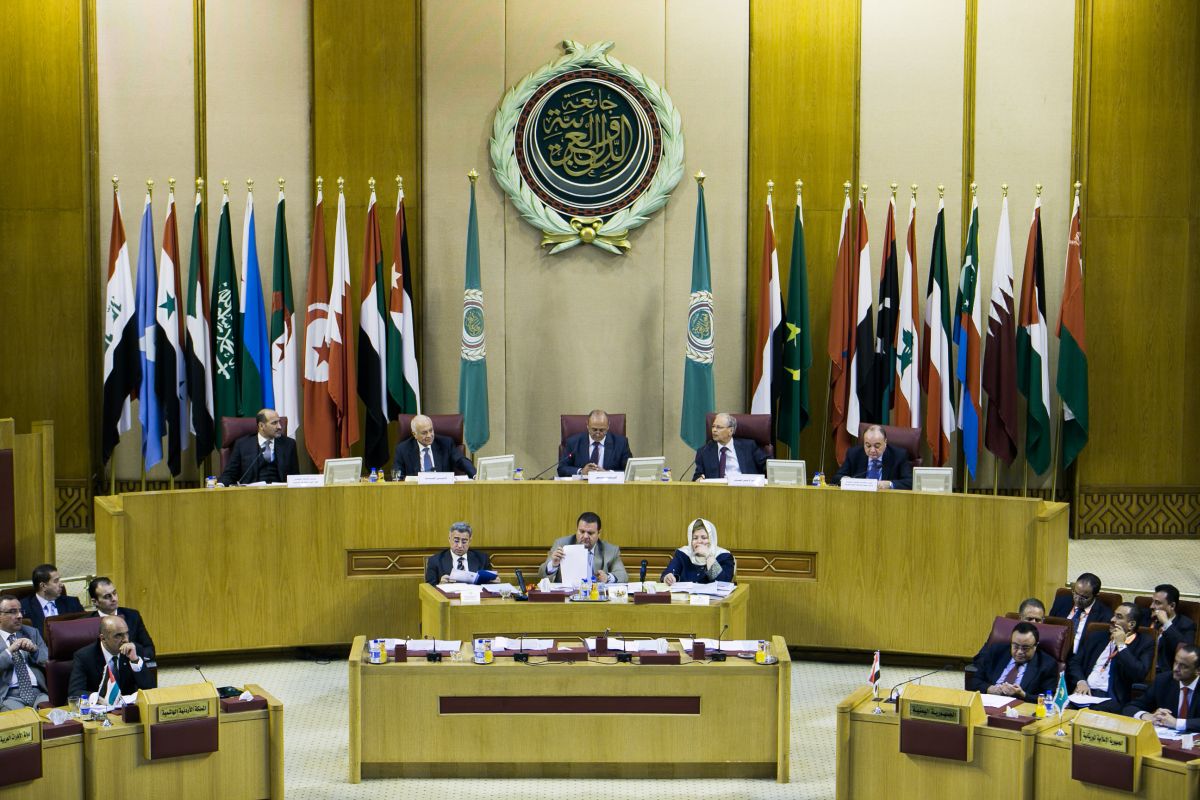After the US presented Middle East peace plan at the White House earlier this week, that’s got backlash from across the world, Arab foreign ministers have also come up with their rejection to the plan on Saturday.
During the Arab League emergency meeting held in Cairo, foreign ministers said, “Rejection of the US-Israeli Deal of the Century comes as it does not fulfil the minimum rights and aspirations of the Palestinian people”.
The statement described as “unfair” the peace deal, announced on January 28 by US President Donald Trump in the presence of Israeli Prime Minister Benjamin Netanyahu.
The US vision of the Israeli-Palestinian peace process includes annexing the disputed holy city of Jerusalem as Israel’s “undivided capital” while the Palestinian capital will include areas on the outskirts of East Jerusalem.
The final statement of Arab foreign ministers agreed to boycott the US “unfair deal” and not to cooperate “in any way” with the United States in its implementation.
The US plan “violates the references of the peace process based on the international law and the relevant United Nations resolutions,” the Arab ministers added.
The foreign ministers also highlighted the Arab Peace Initiative endorsed by the Arab League in Beirut in 2002 as the minimum acceptable limit to achieve peace “through ending the Israeli occupation of all Palestinian and Arab territories occupied in 1967 and the establishment of the independent, sovereign state of Palestine with East Jerusalem as its capital.”
The final statement agreed on “sticking to peace as a strategic option to settle the conflict,” underlining the necessity of the two-state solution as the basis of the peace process.
The meeting of the Arab League Council at the level of foreign ministers was attended by Palestinian President Mahmoud Abbas and Arab League Secretary-General Ahmed Aboul-Gheit.
Ahead of the meeting, Abbas said the US deal is “completely rejected once announced,” vowing to cut ties with Israel and the United States over the deal.
Announcing the plan from the White House with Israeli Prime Minister Benjamin Netanyahu standing next to him, US President Donald Trump said his plan “could be the last opportunity” for Palestinians, which, he said, “are in poverty and violence, exploited by those seeking to use them as pawns to advance terrorism and extremism”.
The Palestinians have already rejected the proposal, accusing Trump of being biased in favour of Israel as he has adopted policies that bolster Israel at their expense.
Hours after the plan was unveiled by President Donald Trump, his Turkish counterpart Recep Tayyip Erdogan also came up with his fiery comment, saying “absolutely unacceptable”.
President Trump said his plan includes “a realistic two-state solution,” and that his administration would “work to create a territory for a contiguous Palestinian state in the future” that would “reject terrorism.”
Under the plan, Jerusalem will remain Israel’s “undivided capital,” Trump said, raising eyebrows after he had said that the capital of the Palestinian state would be in “eastern Jerusalem,” where the United States would “proudly open an embassy.”
The plan builds on a 30-page economic plan for the West Bank and Gaza that was unveiled last June and which the Palestinians have also rejected.










